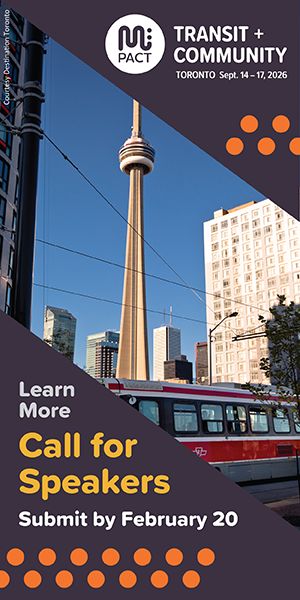2016 has been a bit of a dumpster fire. Our national politics have turned the stomachs of even the most seasoned political veterans. But all is not lost. We still have a host of crucial local races that need your attention. From building a world-class public transit system, to raising our statewide minimum wage, to electing a premium urbanist to Congress. Below are our endorsements for the 2016 General Election.
Regional Proposition 1 (Sound Transit 3): Approve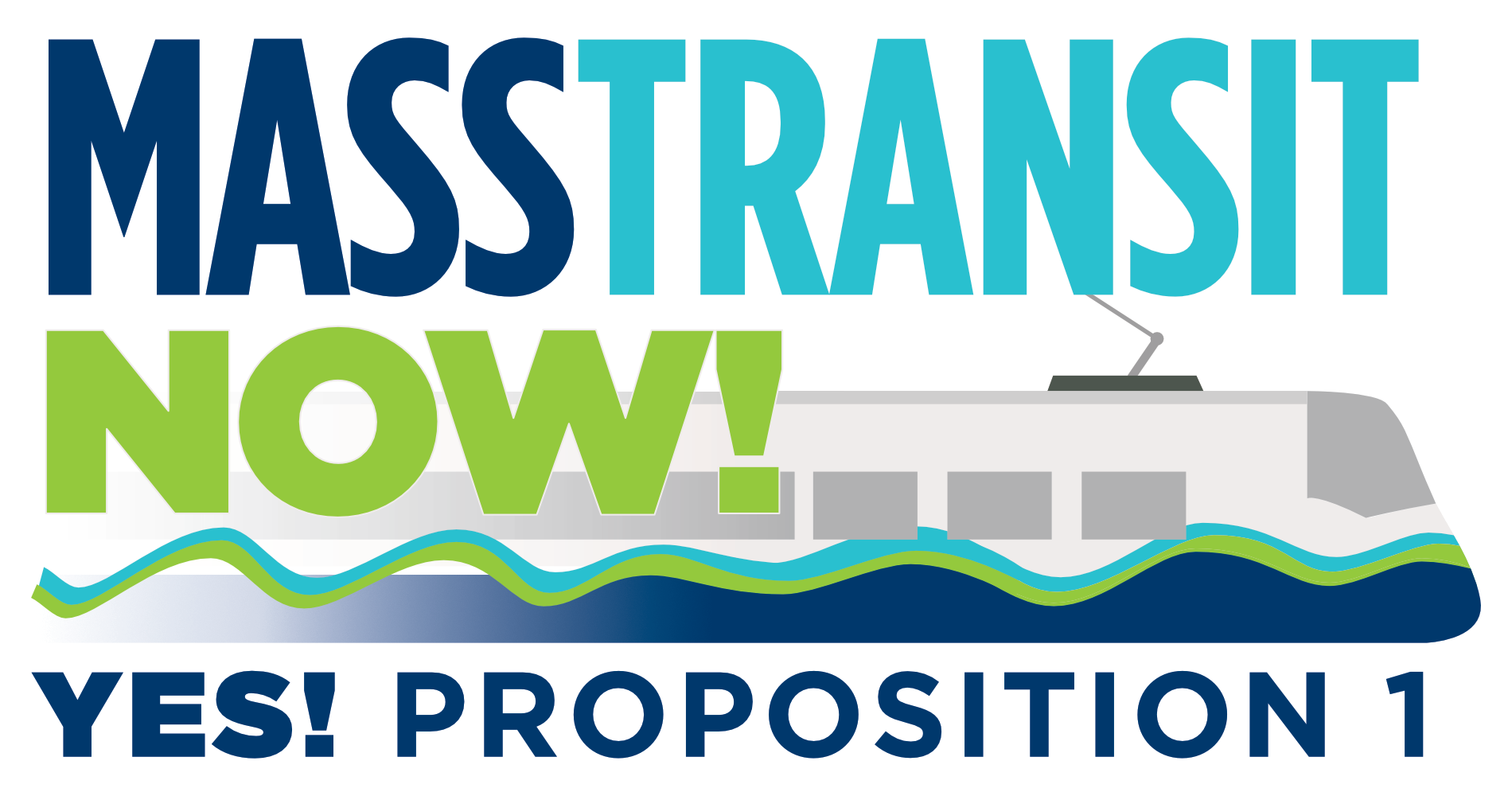
Regional Proposition 1 (also known as Sound Transit 3) would be a massive investment in the Puget Sound transit system. It would deliver grade-separated light rail to West Seattle Junction by 2030 and to Ballard, Lower Queen Anne, Denny Triangle, and Interbay by 2035, and open up various parts of the city and region to transit-oriented development, spurring plans to remake land in an urban image, to make more city to go around. Approve this measure to make our transportation system more resilient and our land use pattern more sustainable.
First let’s talk about the price tag. $54 billion is quoted often by opponents to scare folks out of voting for it. They don’t often mention that only half comes from local taxes and that the other half is leveraged through other sources including federal funds. Federal dollars are not fungible money. We either invest and return more of our federal tax dollars to our state thereby generating jobs, or get a bout of fiscal conservatism and let our federal money be spent by the likes of South Carolina, North Dakota, and Florida–who each receive more than four times what they contribute. Meanwhile, Washington state is on the other end of the spectrum, ranking 16th lowest in federal investment per state tax dollar. We are more of a giver than a taker when it comes to federal taxes. ST3 would ensure more federal investment.
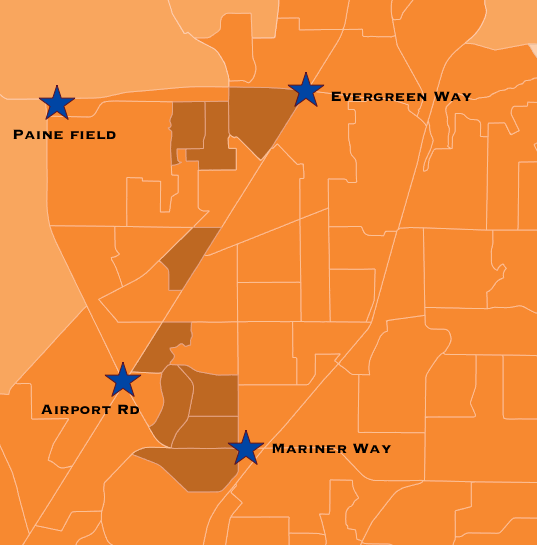
The plan may not be exactly how some armchair transit planners would draw it, but such is life when North King County will account for only one third of revenue and one third of investment, give or take. And to its credit, ST3 manages to connect places in the suburbs that seem destined to urbanize. For all its eccentricities, Snohomish County’s Paine Field alignment does manage to hit most of the county’s densest neighborhoods.
Pierce and South King County do not boast great walkshed density along the light rail line but do offer some real opportunities to change that, such as near Federal Way Transit Center. Getting Tacoma light rail access to the airport will improve the city’s draw and help it shoulder more growth, too.
Bus rapid transit (BRT) boosters have suggested BRT could deliver sooner and spread its tentacles deeper into the suburbs. The thing they seem to forget is that ST3 delivers 49 miles of BRT by 2024 on two key corridors: I-405 and SR-522. That was the right decision in those corridors. But in corridors that need the greater capacity, ST3 makes the wise 100-year investment in light rail. Remember: one light rail line can move the equivalent of a 16-lane freeway filled with single-occupant vehicles. That’s why you should vote to approve Regional Proposition 1.
Visit the campaign website here.
Initiative 1433: Approve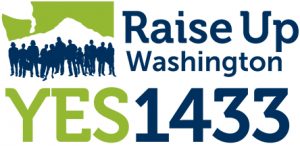
For the better part of the 20th century, the goal of urbanism was to prove that cars and suburbs had not made cities obsolete. Today, we face the opposite problem: how can we ensure that cities have enough room for everyone who wants to live or work in them?
Seattle’s adoption of a $15/hour minimum wage and universal paid sick/safe time was an important victory, but inequality does not stop at Seattle’s borders. Workers in Bellevue, Shoreline, and Renton (and Everett, Tacoma, and Spokane, for that matter) face similar challenges as Seattleites in finding jobs that pay enough to cover the high cost of housing.
I-1433 will raise Washington State’s minimum wage to $13.50/hour over the next four years, and provide workers with up to seven days of paid sick leave per year. While $13.50 falls short of a living wage by some standards, it’s a substantial increase from the current $9.47. The increase will make it that much easier for Washington’s poorest workers to make ends meet.
If you’re still not convinced, consider that infectious diseases travel more quickly when people are closer together. Do you really want your lunch prepared by a coughing, sneezing employee who couldn’t afford to take a day of unpaid leave? Vote to approve I-1433.
Visit the campaign website here.
Initiative 124: Approve
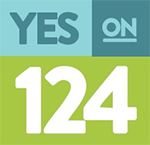 I-124 is targeted at improving conditions for all hotel employees that work in the city, but especially women housekeepers. This measure takes several steps towards helping workers in a field that is predominately women from communities of color. Read our previous coverage on the issue here.
I-124 is targeted at improving conditions for all hotel employees that work in the city, but especially women housekeepers. This measure takes several steps towards helping workers in a field that is predominately women from communities of color. Read our previous coverage on the issue here.
The initiative covers four primary issues:
- Worker protections from assault and sexual harassment;
- Reducing workplace injury;
- Access to affordable medical care; and
- Job security.
Highlights of the protections required through this initiative include panic buttons, requirements for employers to track sexual assaults, protecting senior staff when hotel ownership management changes, limiting workloads for staff, and providing access to healthcare insurance with costs no more than 6% of annual income.
I-124 is endorsed by multiple local political chapters, a broad coalition of social justice, racial justice and gender justice organizations, and multiple local unions.
The Urbanist is committed to welcoming, equitable cities. For our cities to grow successfully, we must do more to make sure workers feel safe and comfortable. We urge Seattle voters to support workplace safety, security, and health on their November ballot by approving Initiative 124.
Visit the campaign website here.
Initiative 1491: Approve
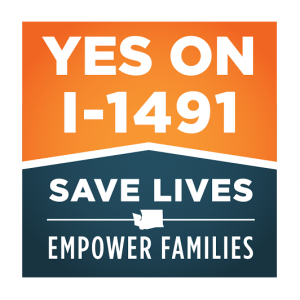 For cities to be successful, they must be livable. To be livable, they must be safe. To be safe, our communities need tools to protect the most vulnerable among us.
For cities to be successful, they must be livable. To be livable, they must be safe. To be safe, our communities need tools to protect the most vulnerable among us.
From family violence, to suicide, to mass shootings, gun violence tears our communities apart. Initiative 1491 creates extreme risk protection orders, giving law enforcement and families the power to ask a judge to temporarily suspend a person’s access to firearms if there is documented evidence that the person poses a serious threat to themselves or others.
With support from law enforcement, public health, mental health, domestic violence prevention, survivors, and faith leaders, this initiative is a crucial step towards creating safer communities. We proudly join this coalition and encourage our readers to approve Initiative 1491.
Visit the campaign website here.
43rd Legislative District: Nicole Macri
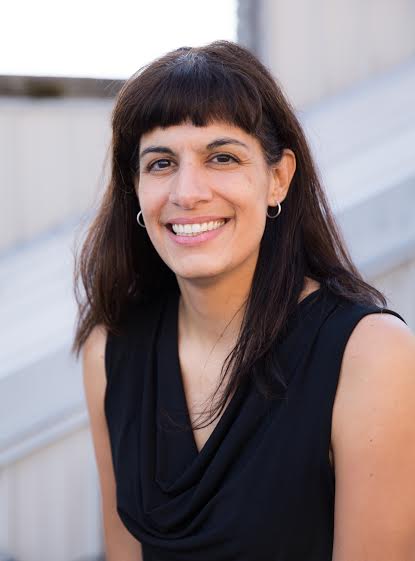
Nicole Macri was the clear standout of all of the excellent candidates running in the 43rd Legislative District, and The Urbanist happily carries our endorsement of her forward into the general election.
Nicole’s impressive coalition of supporters, from seven current members of the Seattle City Council, Mayor Ed Murray and former Mayor Mike McGinn, to a huge slate of progressive organizations like the Sierra Club, Emily’s List, and the Washington State Labor Council speaks volumes about the confidence that community leaders have in what she will be able to accomplish in Olympia.
But above all, The Urbanist is excited to send a smart housing policy wonk down to the state house to shake things up. Her fellow representative in the 43rd, Speaker Frank Chopp, also makes housing one of his leading issues, but some of his policy ideas could use a fresh perspective. Nicole’s experience with Housing First policies makes her an ideal candidate to elect during our state of emergency around the issue of homelessness.
That being said, we do not believe that Nicole will be a one-issue representative, and fully expect her to bring an urbanist’s sensibility to the table on a host of other statewide issues, from mitigating the effects of climate change, to approaching state transportation issues, to increased worker’s and union rights. We believe that Nicole is the best choice to represent the 43rd Legislative District for years to come. Vote Macri.
Read Nicole’s endorsement survey answers. Visit Nicole’s campaign website here.
7th Congressional District: Brady Walkinshaw
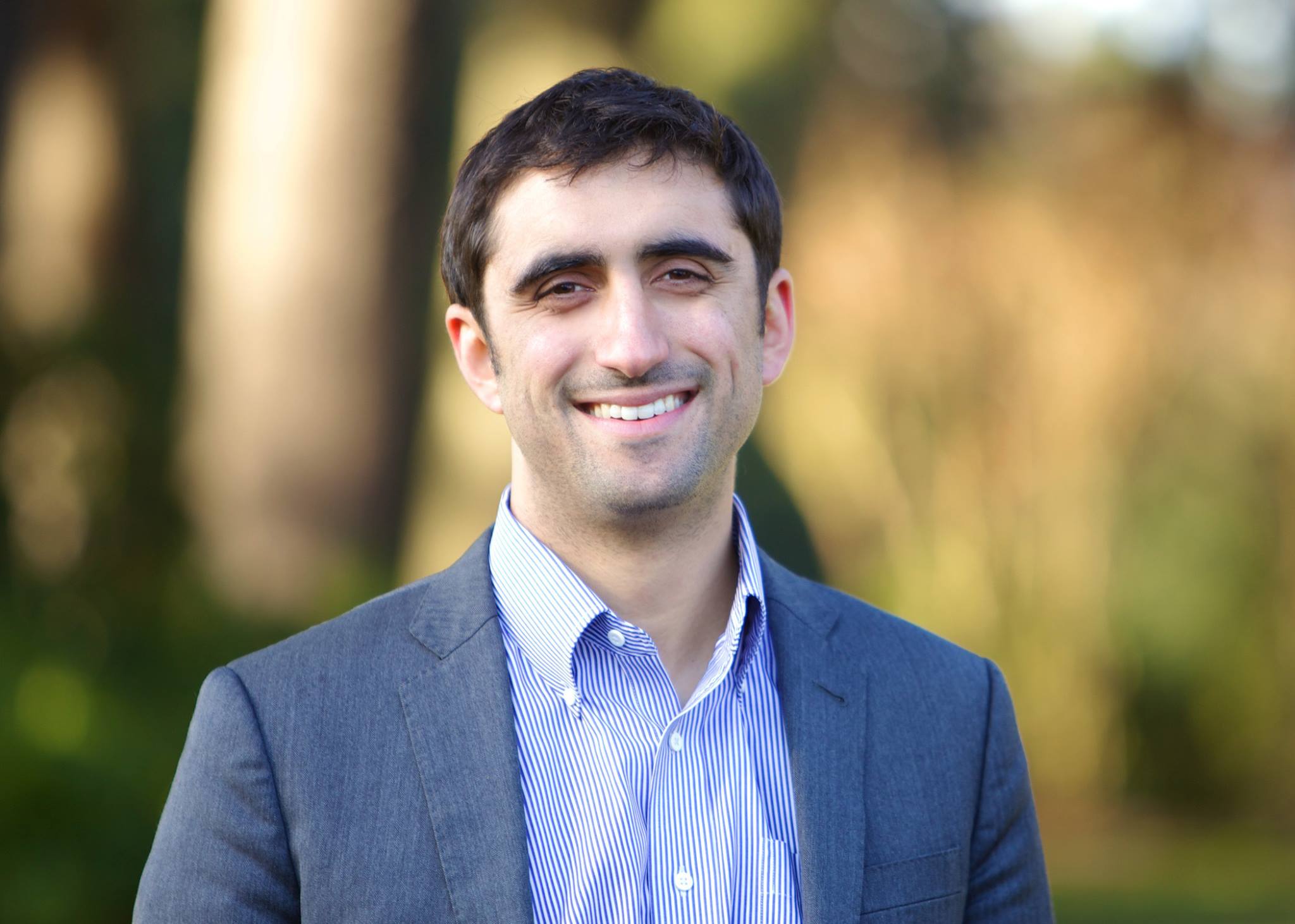
With the retirement of Jim McDermott, the 7th Congressional District will see a new representative for the first time since 1989. The next officeholder will likely hold the position for decades, making this a vitally important position for Seattle residents. The Urbanist is excited to endorse Brady Walkinshaw for Congress.
Walkinshaw has been a state representative for the 43rd Legislative District since 2013. He has a track record of bi-partisan cooperation and has sponsored legislation on renter protections, addressing drug addition, and criminal justice reform.
Through our questionnaire and interview process, Walkinshaw demonstrated his ability to take an urban agenda to the United States Congress. He opposes highway expansion in urban areas and is open to dedicating right-of-way to modes other than cars, including rail. He also showed a willingness to use the power of the federal government to rethink how zoning works and to push for more equitable and sustainable land use and housing frameworks. During the interview, he also mentioned the failure of the federal government to focus on urban priorities and indicated that the district should represent that need.
Walkinshaw says, “The American Dream is no longer a white picket fence on a few acres of land–it’s a condo in the midst of a bustling urban environment.” We encourage our readers to vote for Brady Walkinshaw because he will be an advocate for more equitable and sustainable cities. Vote Walkinshaw.
Read Brady’s endorsement survey answers. Visit Brady’s campaign website here. Pramila Jayapal was not eligible for endorsement because she did not respond to requests to complete the questionnaire.
Voting members of the Elections Board consisted of Laura Bernstein, Scott Bonjukian, Ben Crowther, Aleksandra Culver, Ryan Packer, Owen Pickford, and Doug Trumm.

Elections Committee
The Urbanist was founded in 2014 to examine and influence urban policies. We believe cities provide unique opportunities for addressing many of the most challenging social, environmental, and economic problems. We serve as a resource for promoting urbanism, increasing political participation, and improving the places we live. The Elections Committee consists of community volunteers and staff members of The Urbanist and is a standing body representing the political values of our organization.



